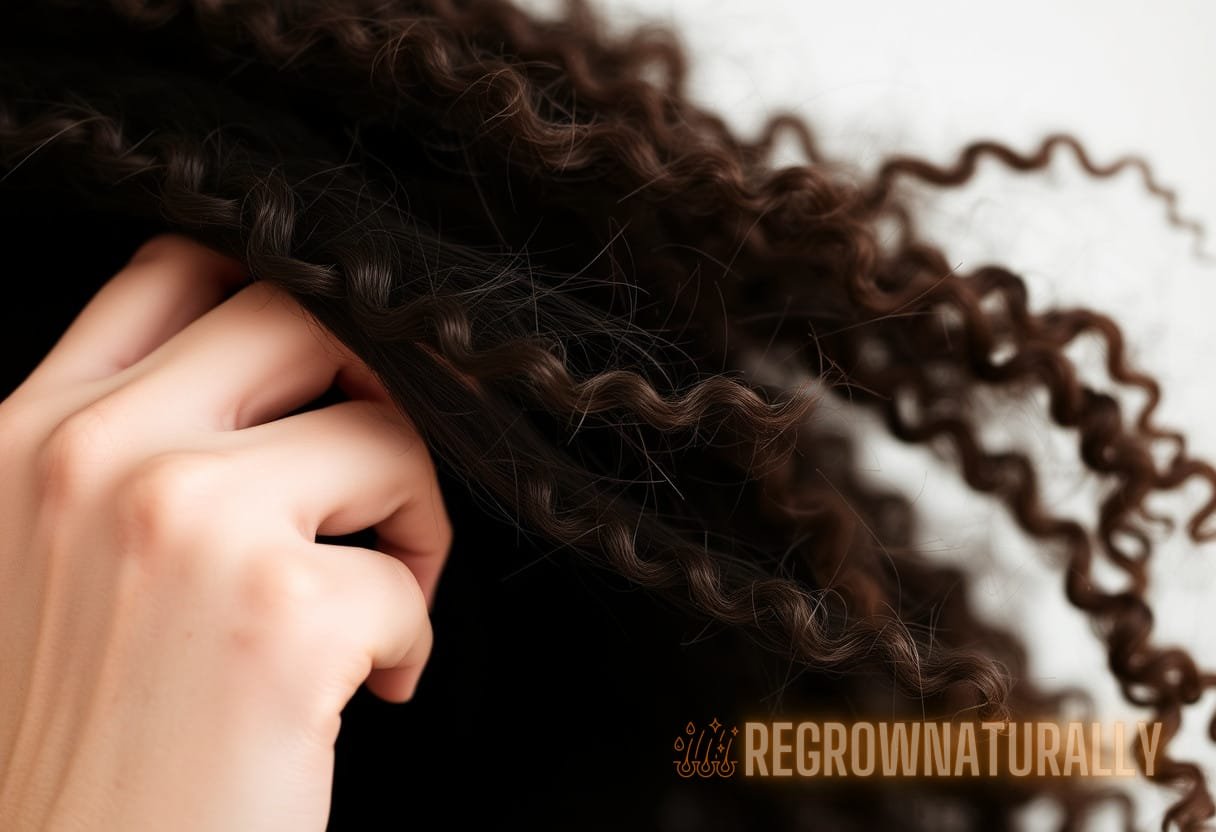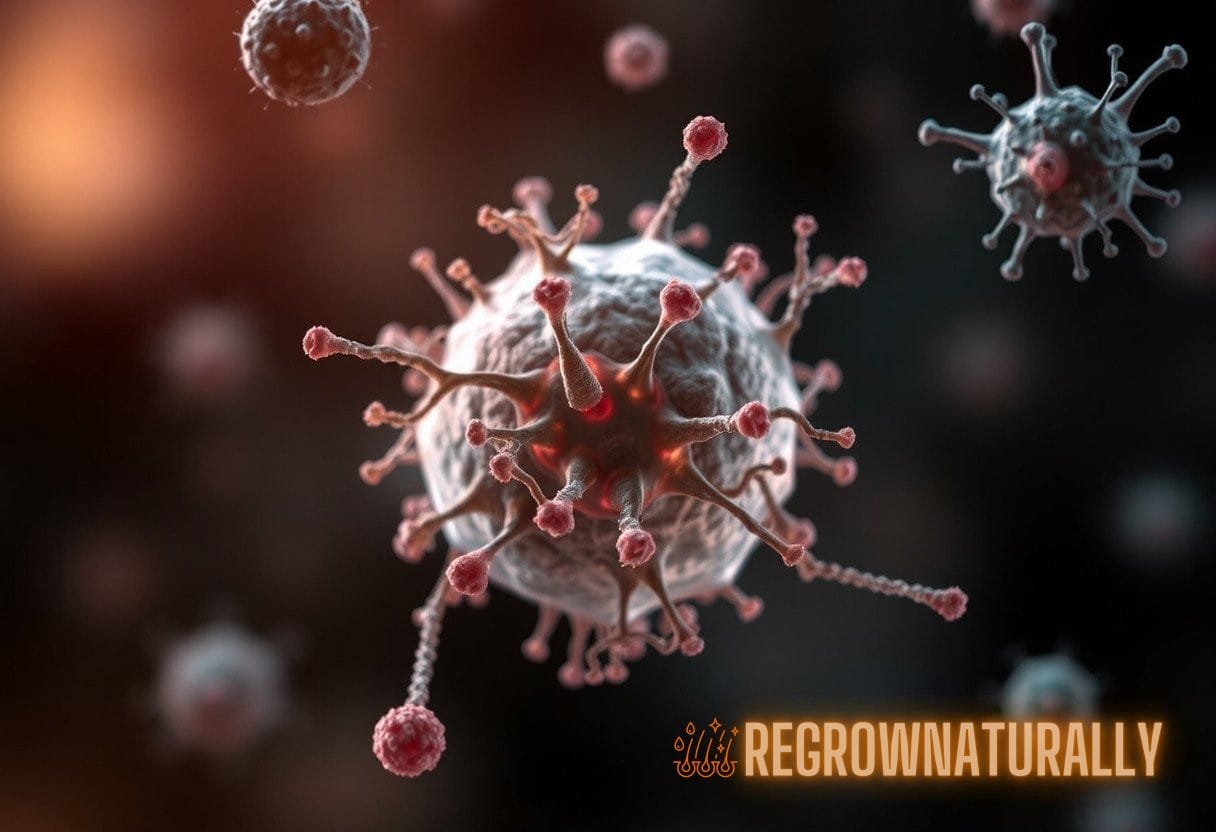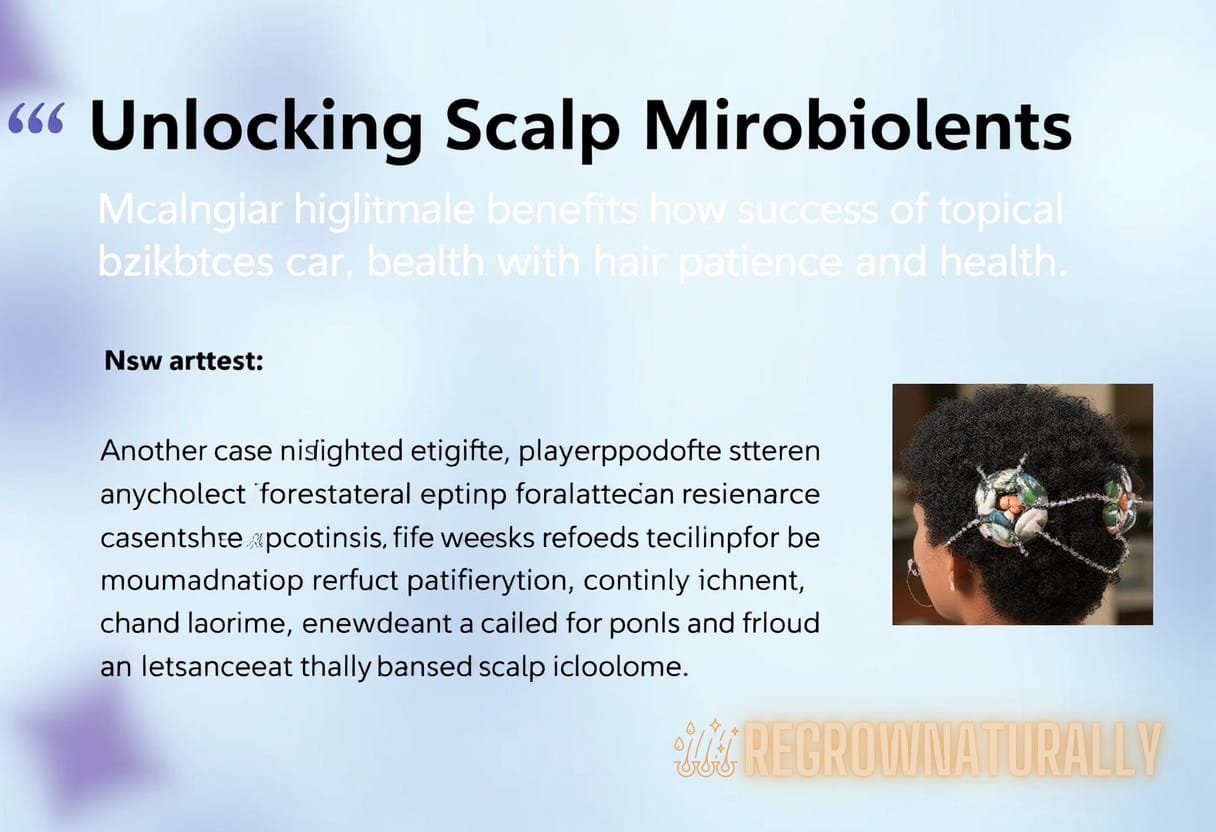Microbial Symphony: Unveiling the Essential Roles of Scalp Bacteria in Hair Resilience and Beauty
The scalp microbiome health is a fascinating yet often overlooked aspect of personal care and health. The relationship between bacteria and our hair and scalp can significantly influence not only the appearance of our hair but also its overall health and resilience. Recent research has shed light on how these microscopic organisms contribute to scalp health, paving the way for innovative hair care routines that celebrate and nourish our natural scalp flora.
Understanding the Scalp Microbiome
The scalp microbiome consists of diverse microorganisms, including bacteria, fungi, and viruses, that inhabit the scalp’s surface. These microbial communities play a critical role in maintaining scalp health and by extension, hair vitality. A healthy scalp microbiome supports:
- Moisture retention: Helps keep the scalp hydrated, preventing dryness and flakiness.
- Protection: Acts as a barrier against pathogens and irritants.
- pH balance: Maintains the natural acidity of the scalp, creating an unsuitable environment for harmful microbes.
Notably, studies have indicated that a balanced scalp microbiome can lead to improved hair thickness and shine, underlying the importance of fostering microbial health for aesthetic purposes.
The Bacterial Residents of the Scalp
Within the scalp microbiome, certain bacteria are particularly influential. Key players include:
- Staphylococcus: Commonly found on skin, this bacterium contributes to skin immunity and helps ward off pathogenic microbes.
- Corynebacterium: Known for maintaining pH balance and overall skin health.
- Propionibacterium: Linked to anti-inflammatory properties, this bacterium can help manage conditions like scalp acne.
These bacteria communicate and interact with each other and with the host scalp, creating a harmonious ecosystem essential for scalp microbiome health.
The Link Between Scalp Microbiome Health and Hair Resilience
A well-maintained scalp microbiome directly correlates with the resilience and beauty of hair. Here are key aspects of this relationship:
- Stimulates Hair Growth: Healthy bacteria can promote new hair growth by influencing the hair follicle cycle and reducing inflammation.
- Prevention of Hair Loss: A balanced microbial community can mitigate common scalp issues, such as dandruff, that can lead to weakened hair roots.
- Enhances Shine and Texture: The right balance of microbes can contribute to a healthy sheen and softer hair by promoting the production of sebum, an essential natural oil.
Factors That Affect Scalp Microbiome Health
Understanding the factors influencing scalp microbiome health can empower individuals to make informed decisions regarding hair and scalp care. Key factors include:
1. Hair Care Products
The cosmetic products we use daily can disrupt the natural balance of our scalp microbiome. Ingredients like sulfates, parabens, and artificial fragrances can be detrimental:
- Sulfates: Can strip natural oils and disrupt bacterial communities.
- Alcohols: Often used to enhance product texture; they can lead to dryness and altered pH levels.
- Fragrances: Synthetic additives may irritate the scalp or provoke allergic reactions.
For healthier scalp microbiome health, opt for sulfate-free, paraben-free, and fragrance-free products.
2. Diet and Nutrition
Nutrition plays a significant role in maintaining a healthy scalp microbiome. Essential nutrients that support scalp health include:
- Omega-3 fatty acids: Found in fish, flaxseeds, and walnuts; promote hydration and scalp nourishment.
- Vitamins A, D, and E: Shoot for leafy greens, nuts, and seeds for overall scalp health.
- Probiotics: Incorporating yogurt and fermented foods can help maintain a balanced microbial community.
3. Stress and Lifestyle

Chronic stress adversely affects the scalp microbiome by increasing cortisol levels, which can lead to health issues like hair loss and dandruff. Lifestyle factors such as:
- Insufficient sleep
- Lack of physical activity
- Poor hygiene practices
can negatively influence scalp microbiome health. Stress management techniques, such as meditation and ensuring adequate sleep, can help promote a healthier microbial environment.
Maintaining a Healthy Scalp Microbiome
To foster and maintain a healthy scalp microbiome, consider the following strategies:
1. Regular Scalp Exfoliation
Exfoliating the scalp removes dead skin cells, sebum, and product build-up, allowing beneficial microorganisms to thrive. Natural exfoliants like:
- Sugar scrubs: Gently buff away dead skin without damaging sensitive scalp tissues.
- Tea tree oil: Known for its antimicrobial properties, it can help maintain a balanced microbiome.
2. Choosing the Right Shampoo
Select shampoos formulated with natural ingredients that bolster scalp microbiome health. Ingredients to look for include:
- Tea tree oil: Antifungal and antibacterial, promotes scalp health.
- Aloe vera: Known to soothe and hydrate the scalp.
- Natural alpha hydroxy acids: Helps promote cell turnover without irritation.
3. Hydration
Keeping the scalp hydrated is crucial for maintaining a healthy microbiome. In addition to drinking adequate water, consider using:
- Scalp moisturizers: Formulated with hydrating ingredients like glycerin and coconut oil.
- Humectants: Attract moisture to the scalp, keeping it hydrated.
The Role of Probiotics in Scalp Care
Integrating probiotics into your hair care routine can significantly support scalp microbiome health. Probiotics, live beneficial bacteria, can help:
- Rebalance the Microbiome: Introducing beneficial strains forward can combat unwanted bacteria.
- Reduce Inflammation: Helping calm the scalp, promoting healthier hair growth.
- Fortify Hair Follicles: With improvements to folicular health leading to stronger, more resilient hair.
Look for shampoos and conditioners that contain probiotics or consider oral supplements for additional support.
Scientific Insights: Case Studies and Research
Empirical evidence supports the hypothesis that optimized scalp microbiome health leads to improved hair quality and resilience. For example, a study published in the Journal of Dermatological Science revealed that patients with noticeable hair loss exhibited an imbalance in their scalp microbiome. After incorporating personalized scalp treatments focused on restoring microbial diversity, participants reported significant improvement in hair density and scalp health.
Longitudinal Studies
Longitudinal studies indicate that addressing scalp microbiome health not only aids in hair growth but also supports prevention of hair loss. A recent multi-center research project highlighted how restoring the natural scalp environment through targeted probiotics improved overall hair vitality. This aligns with evidence from studies emphasizing the necessity of a balanced microbiome for maintaining flourishing hair.
Conclusion
Understanding the vital roles that scalp bacteria play provides an innovative approach to enhancing hair care. By focusing on scalp microbiome health, we integrate scientific insights into everyday practice, empowering individuals with the knowledge to enhance their hair’s natural resilience and beauty. Utilizing the strategies outlined in
As research continues to unfold, the microbial symphony of the scalp reveals itself as an orchestra of beauty and health—waiting to be nurtured.



